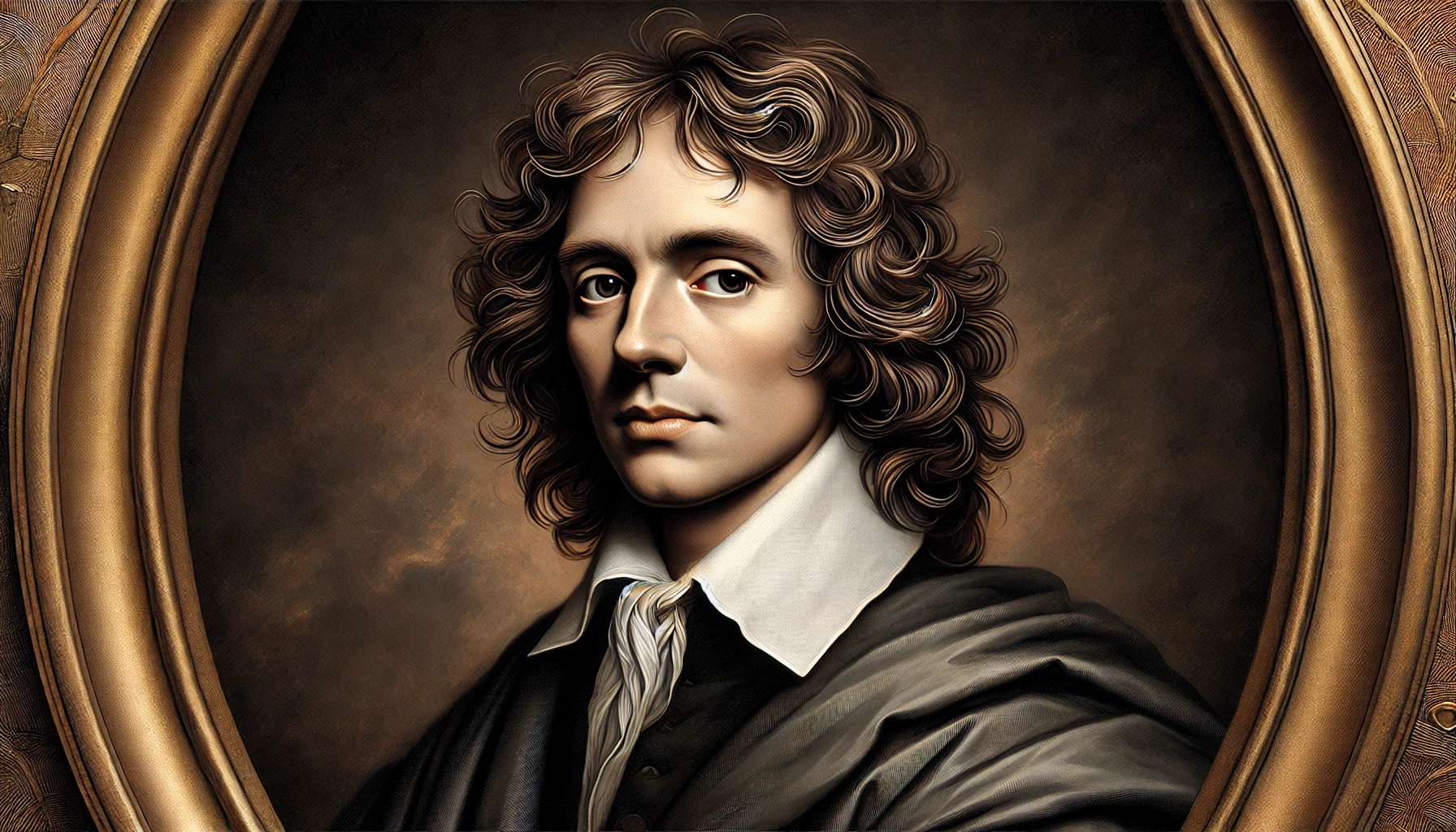John Milton: Short Biography
John Milton (1608–1674) was an English poet, intellectual, and political writer who was best known for his epic masterpiece, "Paradise Lost." He was a towering figure of Puritan literature, and he blended classical learning, religious fervor, and revolutionary politics. He leaves an indelible mark on English poetry and prose.

John Milton was born on December 9, 1608, in London, England. His father was John Milton Sr. (a prosperous scrivener and composer). His mother Sarah Jeffrey was a composer and scrivener. In his qualification, Milton has gone St. Paul’s School, London and Christ’s College, Cambridge (BA 1629, MA 1632).
He lived at Horton, Buckinghamshire (1632–1638), and he studied independently. He traveled to Italy (1638–1639), and met intellectuals like Galileo. He served as a Secretary for Foreign Tongues under Cromwell (1649–1660). Afterall, he went completely blind by 1652. He dies on November 8, 1674, in London, it is buried in St. Giles Cripplegate.
John Milton's Famous Works:
- Early Poetry
- L’Allegro and Il Penseroso (1645) – Contrasting visions of mirth and melancholy.
- Lycidas (1637) – Pastoral elegy for a drowned friend.
- Prose & Polemics
- Areopagitica (1644) – Landmark defense of free speech.
- The Tenure of Kings and Magistrates (1649) – Justified regicide.
- Major Epics
- Paradise Lost (1667, revised 1674) – Epic on the Fall of Man.
- Paradise Regained (1671) – Temptation of Christ.
- Samson Agonistes (1671) – Tragic drama on Samson’s blindness.
On his Blindness by Milton
"When I Consider How My Light is Spent" is a poem which is called as 'On his Blindness.' It was first published in 1673. In the poem, Milton is now with his great mind for his lamented emotion. He expresses that he had no eyes and he will serve good to God with no eyes. Moreover, he expresses that God also not need our service then we must to pray him. Because of God's wish, we came to the world then we should pray to him.
On Shakespeare by Milton
John Milton's 'On Shakeapeare' (1630) was a part on the introduction of "William Shakespeare's Second Folio." In the poem, he questions about why Shakespeare has needed sacred remains for his stack of stones. He tells more about the fame of Shakespeare. He question to Shakespeare why you need to get pitiful tribute to your name? The poem actually states that Sheapeare should be stopped from his famous.
John Milton's Famous Poems
L'Allegro – 1645
Il Penseroso – 1645
Areopagitica – 1644
Paradise Lost – 1667 (first edition), 1674 (second edition)
Paradise Regained – 1671
John Milton's Spouse
Mary Powell (m. 1642 – d. 1652)
She was the first wife of John Milton. They married in 1642. She left Milton shortly after marriage but later reconciled. They had four children. She died in 1652, possibly due to complications from childbirth.
Katherine Woodcock (m. 1656 – d. 1658)
She was the second fiancee of John Milton. They married in 1656. She died in 1658, likely due to complications from childbirth.
Elizabeth Minshull (m. 1663 – until Milton’s death in 1674)
She married in 1663. She stayed with Milton until his death in 1674. She was his third number of wives.